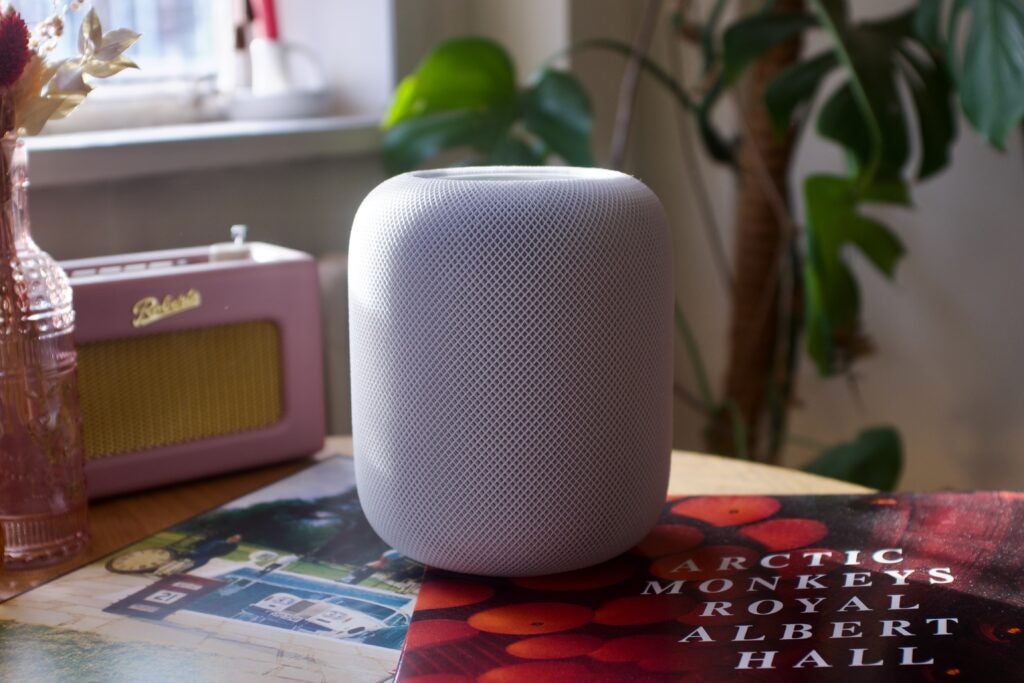OPINION: A few years ago I couldn’t open my inbox without a new smart speaker announcement. Amazon, Google, Apple – everyone was at it.
Nowadays, you don’t hear about many smart speakers at all. They’re still there, hiding in the background but for whatever reason, the number of announcements seems to have dwindled.
I’m currently reviewing the VQ Hepburn, which I assumed was a radio. It’s actually an Alexa Wi-Fi speaker – that took me by surprise, and really got me thinking. What has happened to the smart speaker?
It seems that no one is actually using the smart part much.
This popped into my head when I was attending a small event for the new Bowers & Wilkins Zeppelin Pro speaker, and one of the big differences about the ‘Pro’ speaker is what it doesn’t have. It dropped Alexa from the feature set, making it – I guess – a not-so-smart speaker.
Not so smart speakers
Why? Well, it turned out that users weren’t using the function; and given the issues Amazon is having turning Alexa into a profitable venture, it seems as if the smart speaker market peaked a few years ago.
The classification of a smart speaker always seemed a bit nebulous to me – the smart part was always the voice control aspect of the speaker rather than the interaction with the speaker through such means as an app (though that would make some Bluetooth speakers smart too). But without having any numbers to hand, the amount of smart speakers in the market seems to have decreased.
Sure Amazon pops out a smart speaker but without much fanfare as the interest in them seems to have cooled. Almost every Sonos speaker is a smart one but even it doesn’t tout voice control integration as much as before. It offers a choice of Alexa and its own voice solution, but ever since Google changed its requirements a few years ago, voice assistants have become less ubiquitous.


Other audio brands dabbled in smart speakers. I remember one from Marshall but that wasn’t followed up with a sequel or another voice control speaker. Audio Pro’s recent focus has more been on multi-room exploits than overt voice control.
Apple seems happy with its HomePod series, even though we haven’t heard much about these speakers at its events for a while now; while the likes of Bang & Olufsen do have voice control but are not necessarily integrated into the product itself.
You’d be hard-pressed to find much info about voice control on product pages aside from a sliver of a paragraph. The only audio brand still throwing its full weight behind voice control is JBL with its Authentics range, but I wonder how long that’ll last.


To spread the net further, even the best soundbars have almost completely dropped voice control from their feature sets, most rely on connecting Alexa and Google speakers to get voice control, which sounds the very height of inconvenience from a feature that’s meant to bring convenience to your home.
What happened to the smart speaker? Seems to be that no one really needed one.




